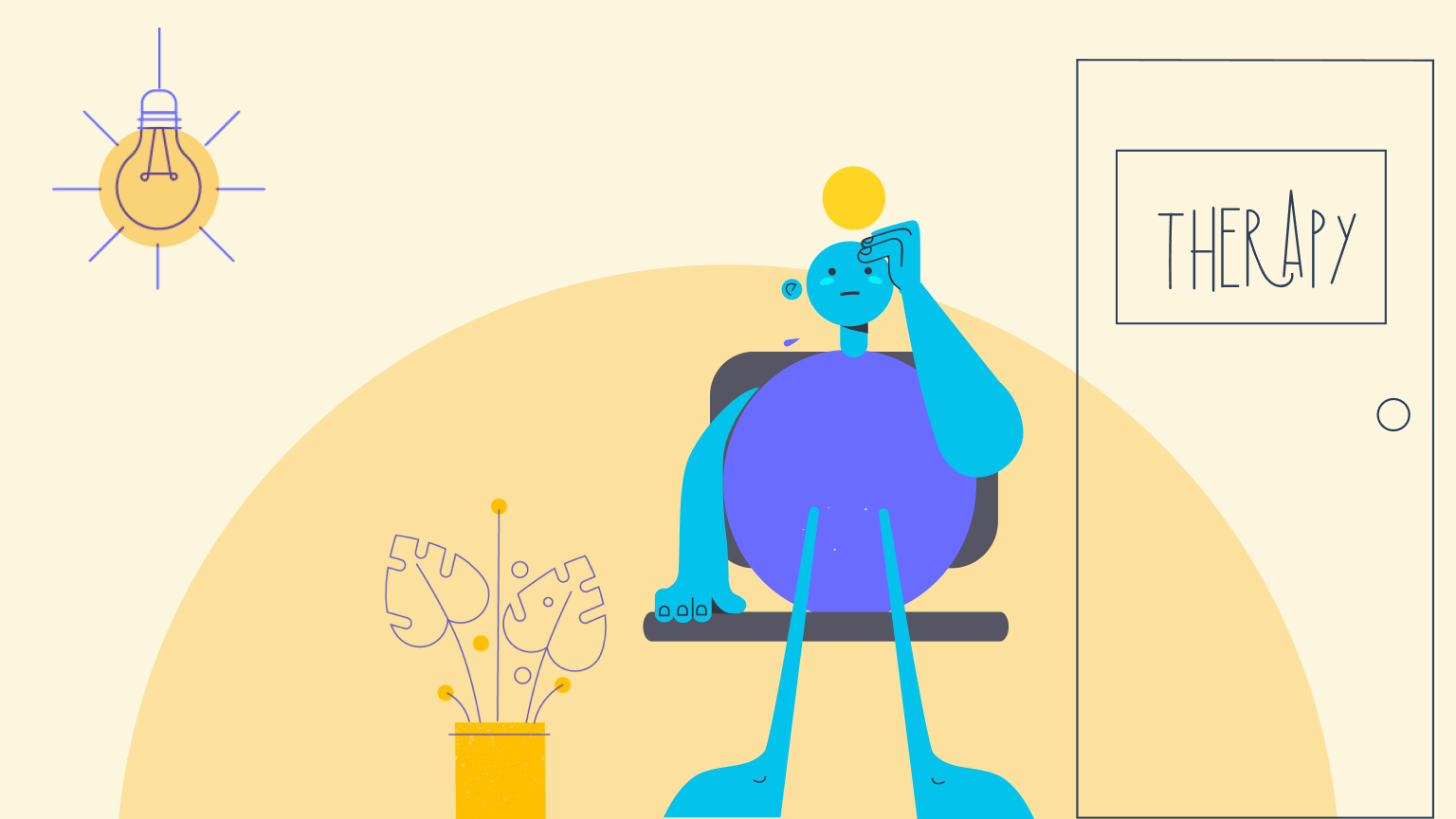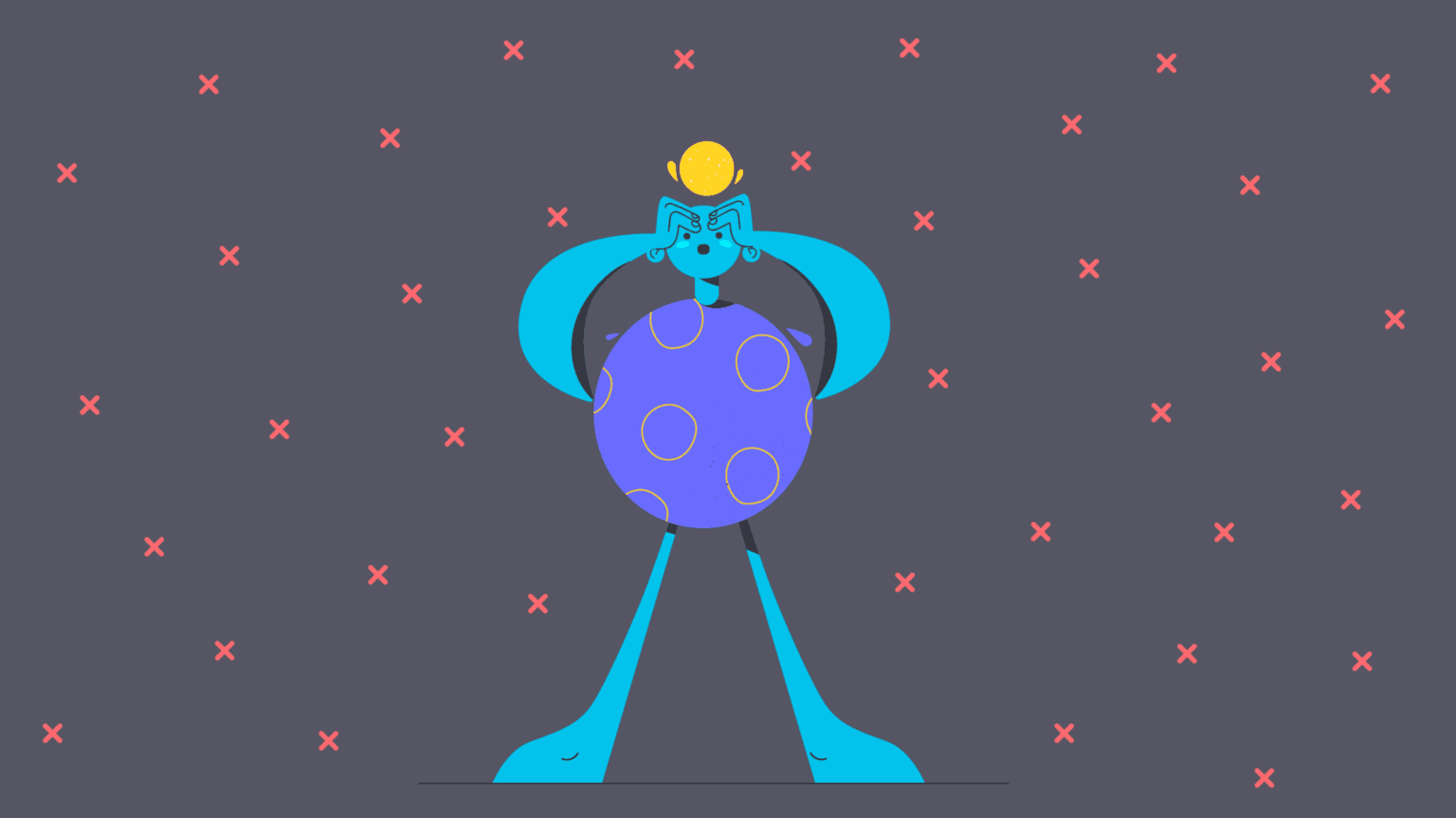Finding a Therapist - Tips for Your Search

If you're looking for a psychotherapy spot, you usually have enough worries already. Living with an anxiety disorder, depression, or other mental illnesses is exhausting. Our healthcare system is overburdened when it comes to psychotherapeutic care. The thought of having to fight through waiting lists and phone calls on top of everything else makes many people give up. In this article, we'll show you how to proceed step by step, what options are available to you, and how you can bridge the time until you find the right support.
First Stop: Psychotherapeutic Consultation Hour
Especially if you've never been in therapy before and perhaps don't yet know exactly what's troubling you or what kind of help is right for you. That's exactly what the psychotherapeutic consultation hour is for.
Similar to a medical consultation, you can make an appointment here. During the conversation, you'll discuss what's currently troubling you, what kind of help is suitable, and which therapy method would make sense. Sometimes the therapist even has an opening themselves or knows colleagues who are currently accepting new patients.
Here's how you can arrange a consultation:
a. Search for a therapist of your choice online and call during office hours or send an email
b. Use the appointment service of the Statutory Health Insurance Associations:
- Phone: 116117
- Website: 116117-termine.de
Therapist Search
If the consultation doesn't result in a spot, the actual search begins. Common platforms include:
- arztsuche.116117.de
- dptv.de
- therapie.de
- psychotherapiesuche.de
- Many health insurance companies also offer support with the search – ask them.
Tip: University Outpatient Clinics and Training Institutes In psychotherapeutic university outpatient clinics or training institutes, many therapists work together. As a result, waiting lists are often shorter. In training outpatient clinics, therapists in advanced training treat patients, accompanied by experienced supervisors. For the search, it's usually enough to enter: "Psychotherapeutic University Outpatient Clinic / Training Institute Outpatient Clinic + City" into a search engine.
Cost Reimbursement Procedure: Getting Your Health Insurance On Board
If you can't find a spot with a therapist covered by statutory health insurance despite an intensive search, you can apply for a so-called cost reimbursement procedure according to §13 SGB V. This sounds bureaucratic, but it also enables you to receive therapy at private practices.
It's important that you document your search. Example: "January 12, 2025, 12:30 pm: Called practice XY – no free spots, no waiting list."
It's best to contact your health insurance directly. There you'll find out what evidence is needed and what documents they expect.
Digital Offerings: Apps on Prescription
Even if you really give it your all – waiting times sometimes can't be avoided. Good news: There are digital health applications (DiGAs) that can offer you immediate support.
DiGAs are certified medical devices such as apps or web applications. They can accompany you from home, provide initial help, and are covered by health insurance if they're prescribed to you.
For various anxiety disorders, there are, for example, the apps from Mindable Health:
- Mindable: Social Phobia for social anxieties
- Mindable: Panic & Agoraphobia for panic attacks and agoraphobia
Tip: DiGAs can also be prescribed as part of a psychotherapeutic consultation hour.
Be Good to Yourself: Dealing with Setbacks and Waiting Time
Rejections or waiting lists can be hard. Important: It's not your fault. Your symptoms are real and deserve help. Don't take rejections personally.
This can help you:
- Talk about it: Share your feelings with friends, partners, or counseling centers. Frustration needs to come out.
- Get support: Ask someone to accompany you in your search. Making phone calls is easier with two people.
- Structure provides stability: Note down your contacts and set yourself small, achievable goals. Step by step, you'll stay on track.
When You Need Help Immediately: Crisis Hotlines
In acute mental health crises, you can reach help around the clock:
- Telephone Counseling (Telefonseelsorge): anonymous and free at 0800 1110111, 0800 1110222, or 116 123
- Number Against Grief (Nummer gegen Kummer): for children and adolescents at 116 111
- Emergency number 112: in acute emergencies, e.g., with urgent suicidal thoughts
Conclusion: You Are Not Alone
The search for a therapy spot is often a marathon, not a sprint. Exhaustion and hopelessness are normal. But there are many paths: consultation hours, portals, university outpatient clinics, or cost reimbursement procedures.
For the waiting time, the Mindable apps can provide initial support.
We wish you much strength for your search. And very important: don't give up!




